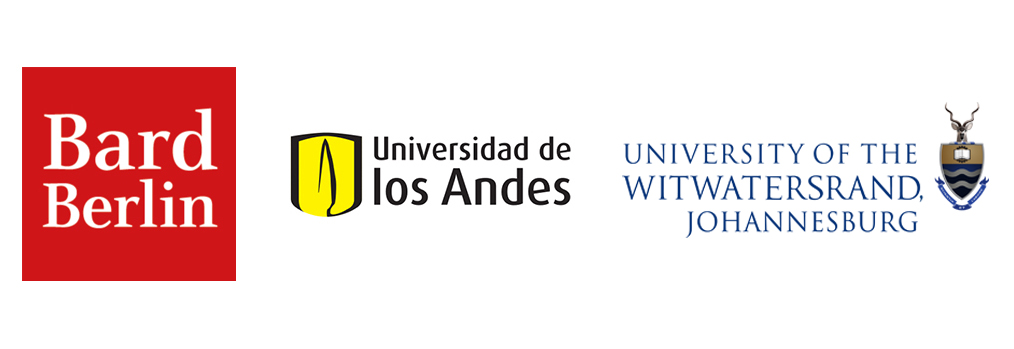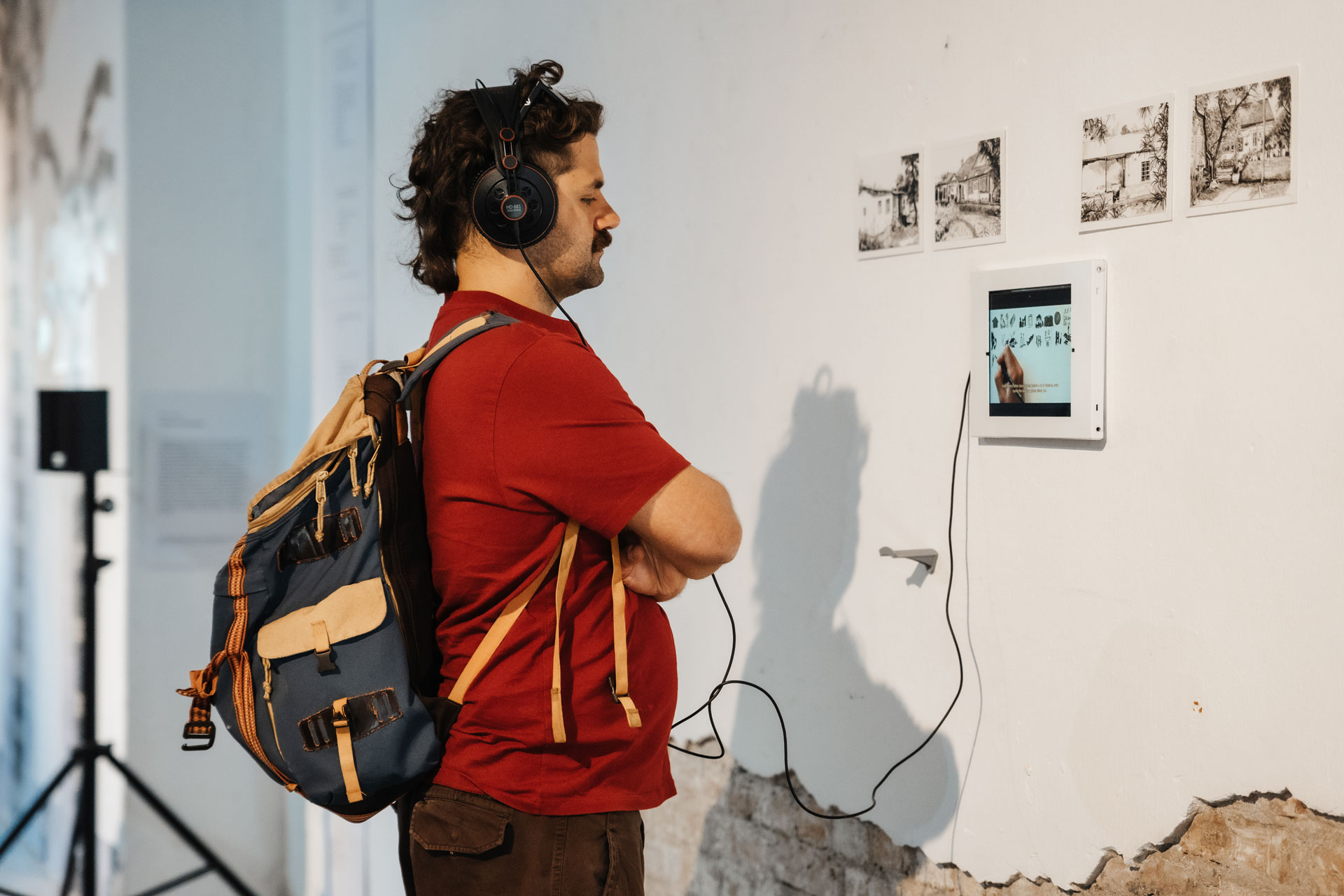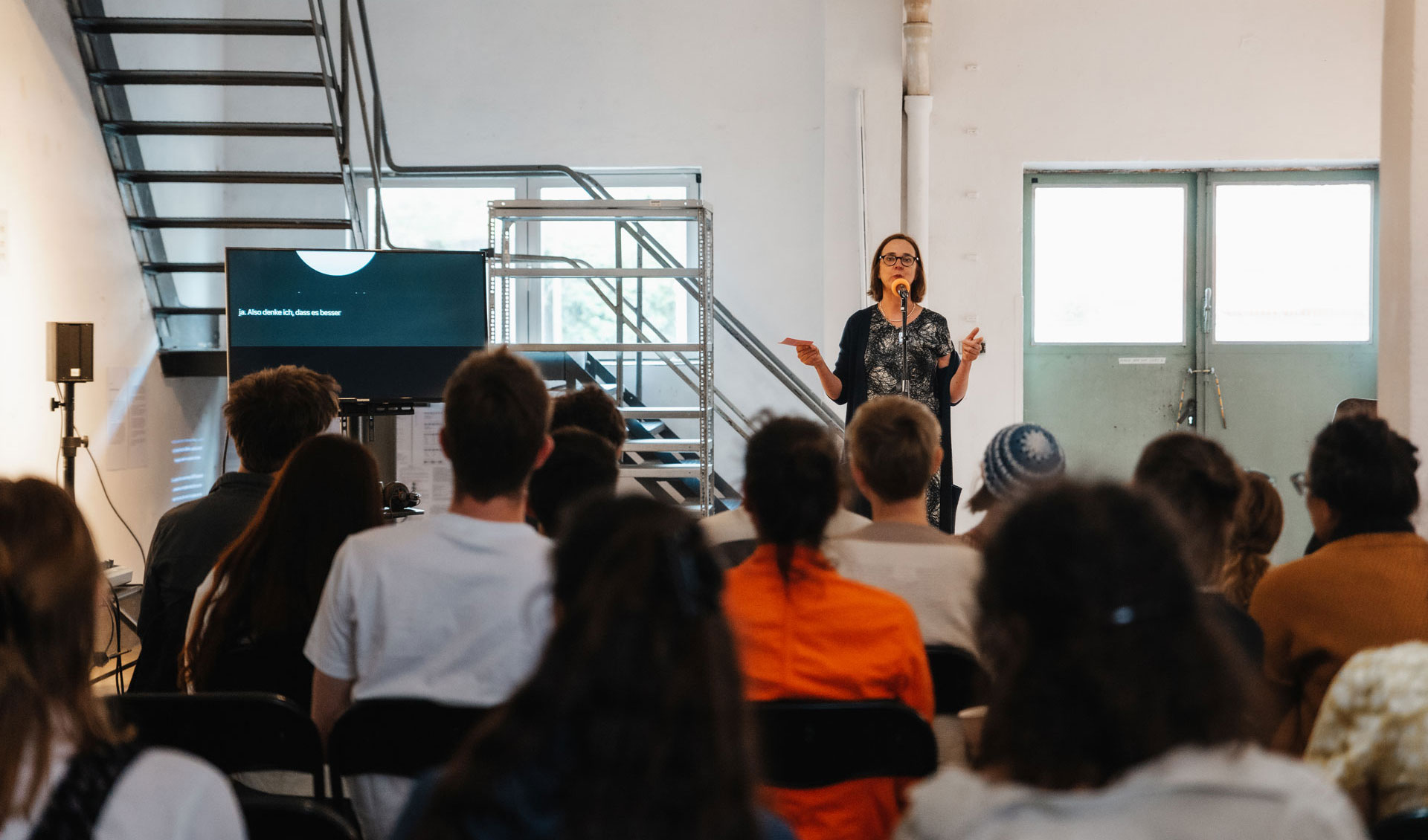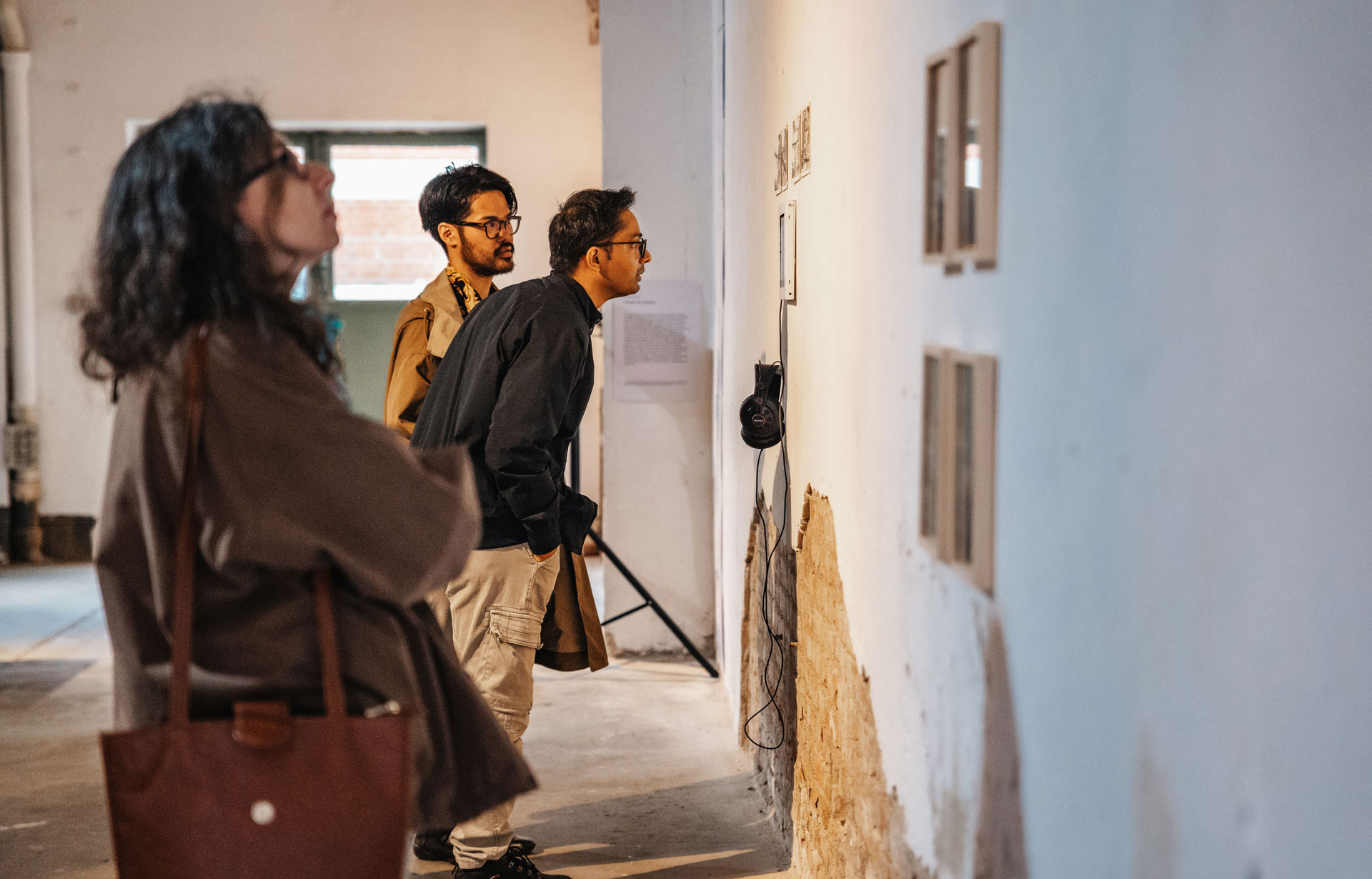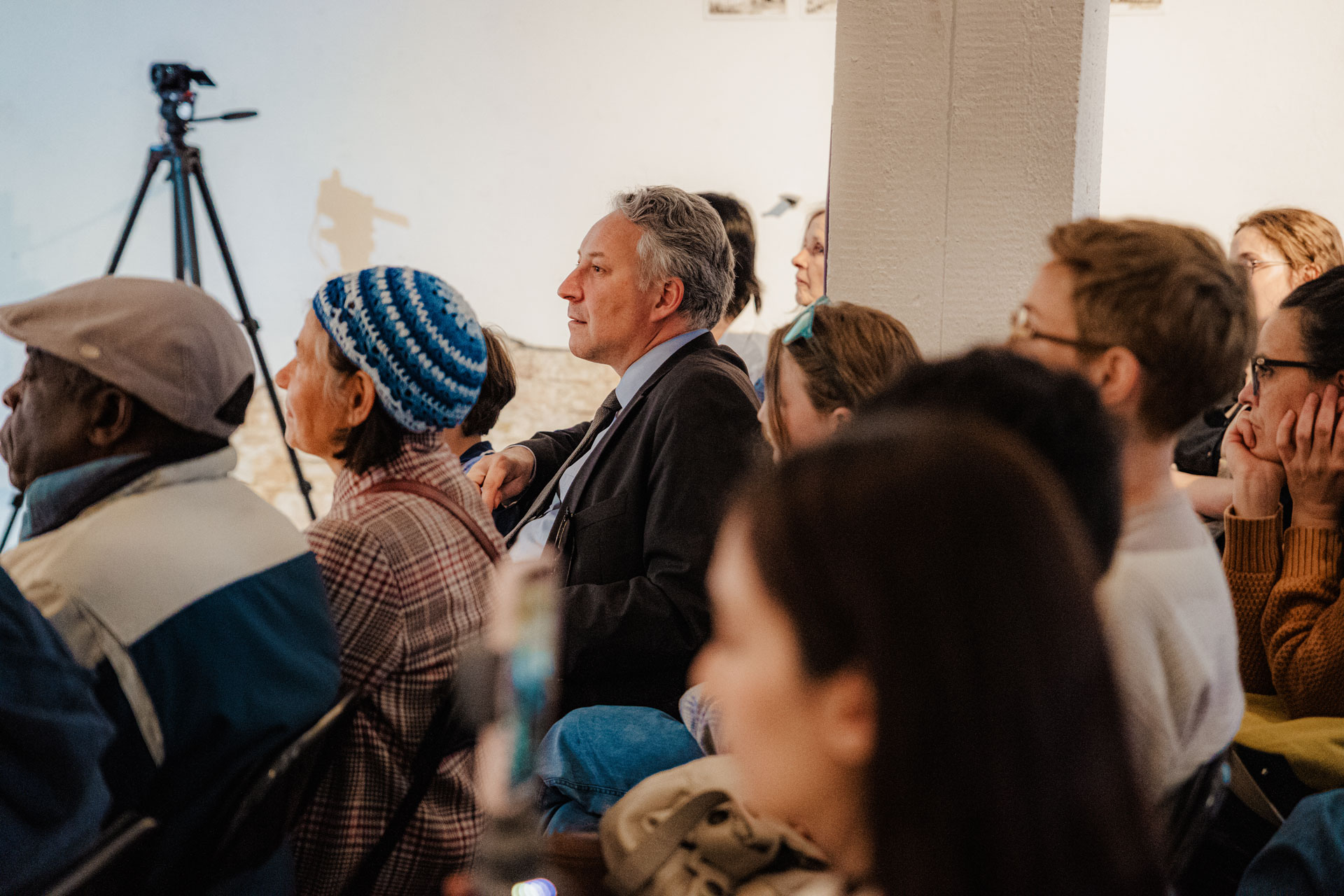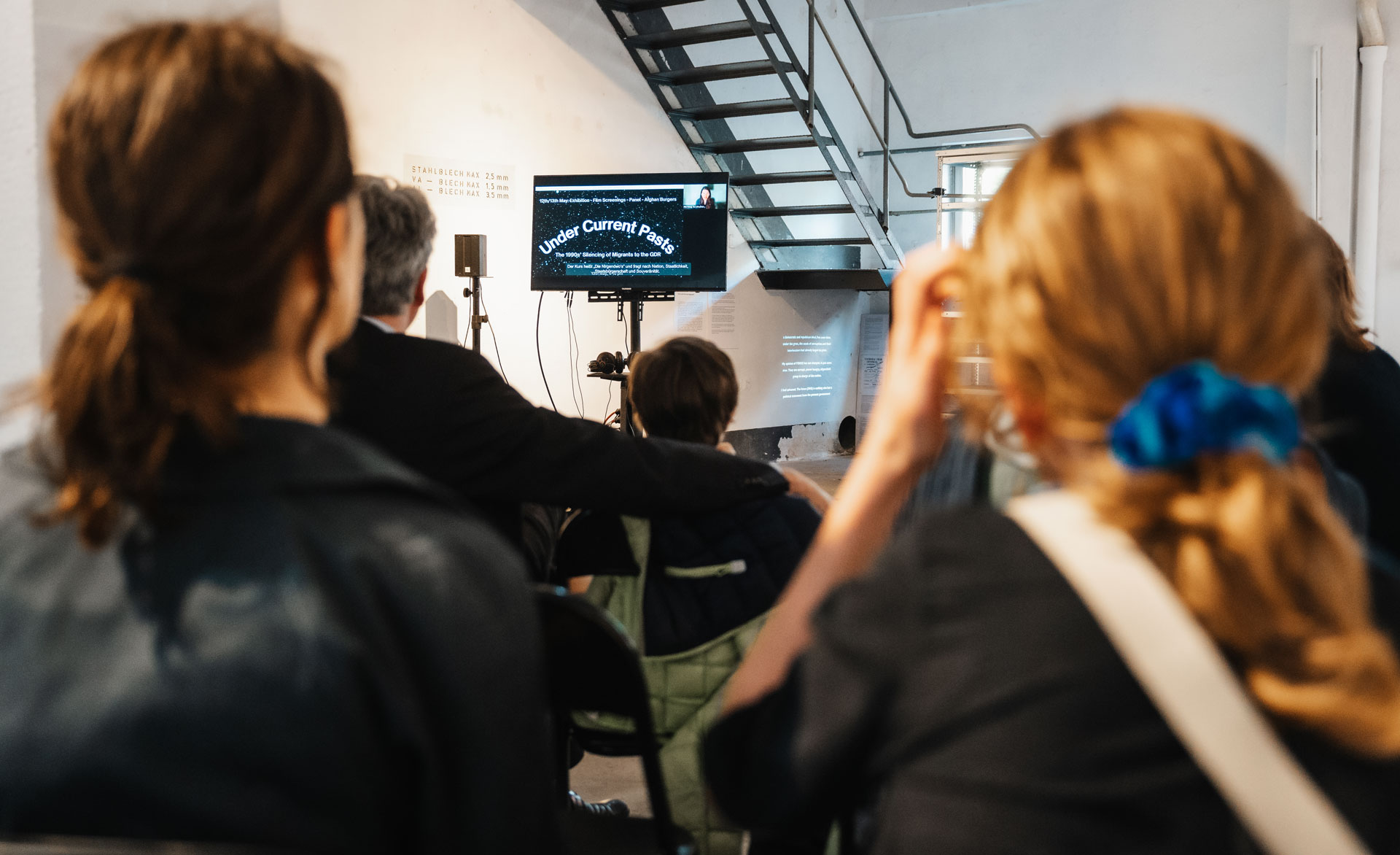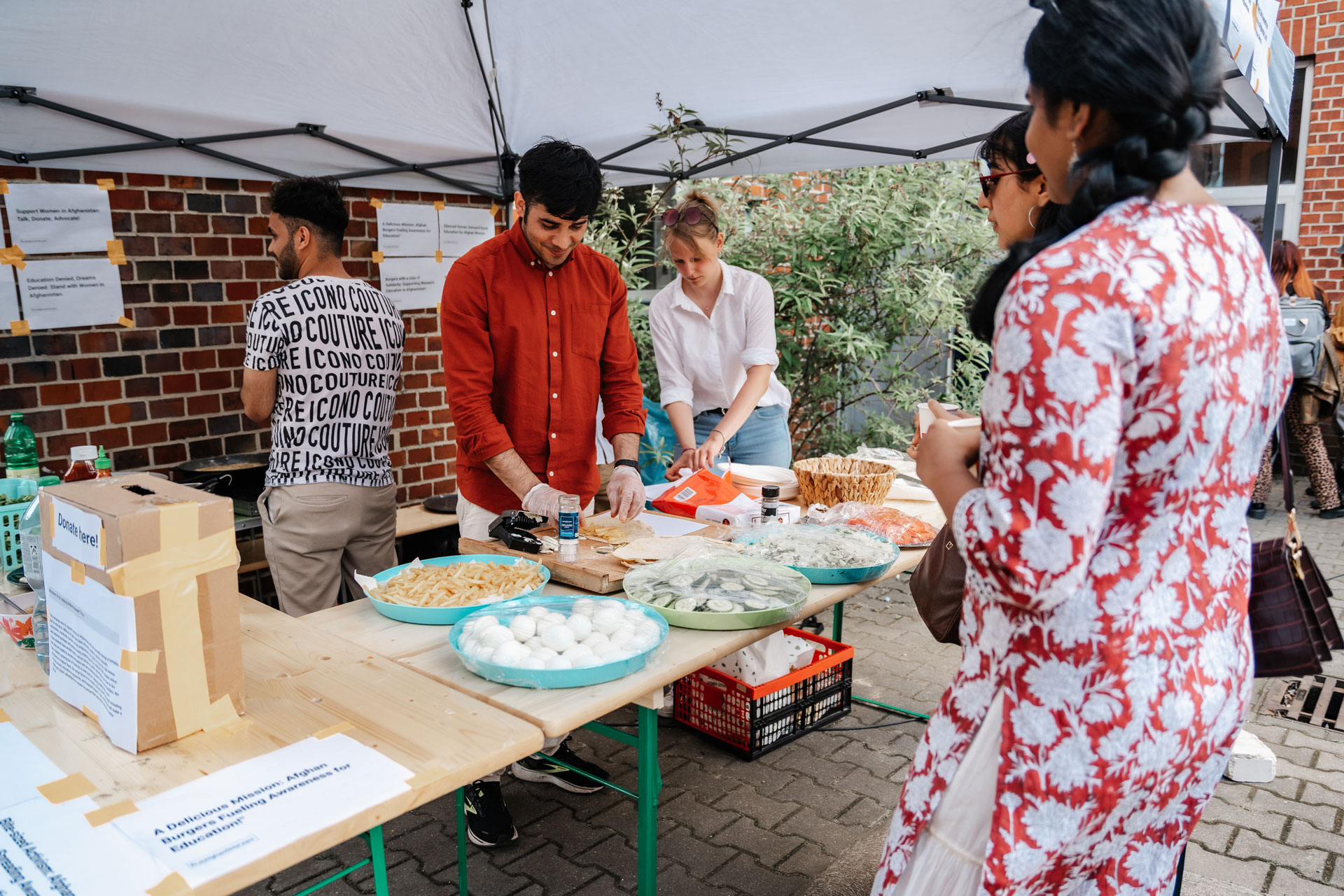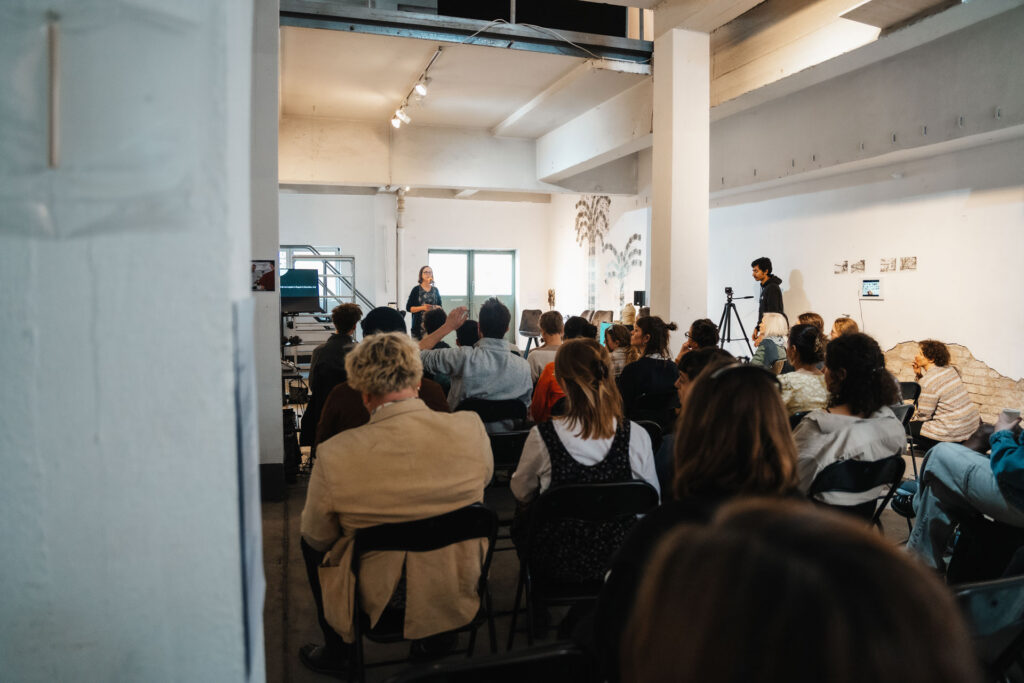
2023 Bard College Berlin
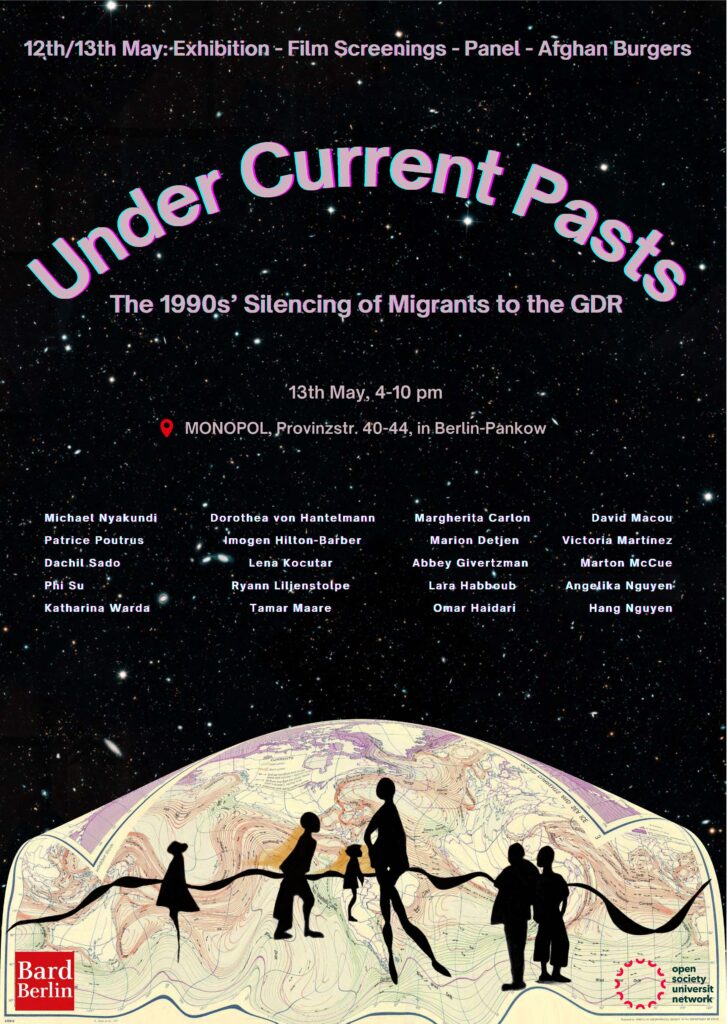
Under Current Pasts
The 1990s’ Silencing of Migrants to the GDR
We keep coming back to the 1990s: when it seemed that the West had won; when the Apartheid regime in South Africa came down; when there was chaos in so many post-soviet countries while old Stalinist elites reconfigured themselves and capitalism set off on its global triumphal march. In those years of transition, reunified Germany engaged massively in history production, with a powerful, state-funded reappraisal of its “two dictatorships”, the national socialist and the communist one. The famous Vergangenheitsaufarbeitung, e.g. in the Inquiry Commissions of the Federal Parliament on the GDR, primarily served nation-building and came at a prize: it excluded and silenced the migrant pasts that were not considered to belong to Germany. But the 1990s also saw the publication of a groundbreaking book that theorized how power shapes historical production, Silencing the Past by the Haitian anthropologist Michel-Rolph Trouillot. With Trouillot we can track where the silences enter history, and proceed in unlearning nationalism and decolonising our thinking.
Our GHEA21 cross-campus course, taught together with classes at Witwatersrand University/Johannesburg and at Universidad de los Andes/Bogotá, dealt with processes of silencing and unsilencing the past in the 1990s, and with imagining a future where memories and histories can flow and connect with each other more easily.
The exhibition shows artworks created from students’ individual research projects. They revolve around transnational pasts that are alive in family or group memories but have had, or still have, difficulty in being transferred from a communicative memory to a cultural memory.
The evening event focuses specifically on the silencing and the un-silencing of the pasts of non-white migrants, esp. the so-called contract workers of the GDR: Workers from Mozambique, Vietnam, and other “socialist brother countries” for whom the end of the GDR and reunification was a very mixed blessing. The reunified German nation expected them to simply disappear. They experienced murderous racism, massive status insecurity, and a complete public ignorance towards them that combined xenophobic and anti-communist sentiments. The event does not want to see them primarily as victims of violence and discrimination, but as owners and producers of transnational memories and precious knowledge that spans continents and times. How were their pasts silenced, and un-silenced, in the German post-unification process and German self-identifications of those years?
Course instructor: Marion Detjen
Artistic instructors: Lena Kocutar, Tamar Maare, Victoria Martínez, Dachil Sado
Exhibition with contributions from: Margherita Carlon, Abbey Givertzman, Lara Habboub, Imogen Hilton-Barber, Lena Kocutar, Ryann Liljenstolpe, Victoria Martínez, Marton McCue, Hang Nguyen, Michael Nyakundi
Keynote speech: Phi Su
Talk and Panel Discussion: with David Macou, Angelika Nguyen and Katharina Warda, moderated by Marion Detjen
Afghan Burger Advocacy Project: Omar Haidari, Jamal Momand, Kamal Momand, Lisa Rüffel

